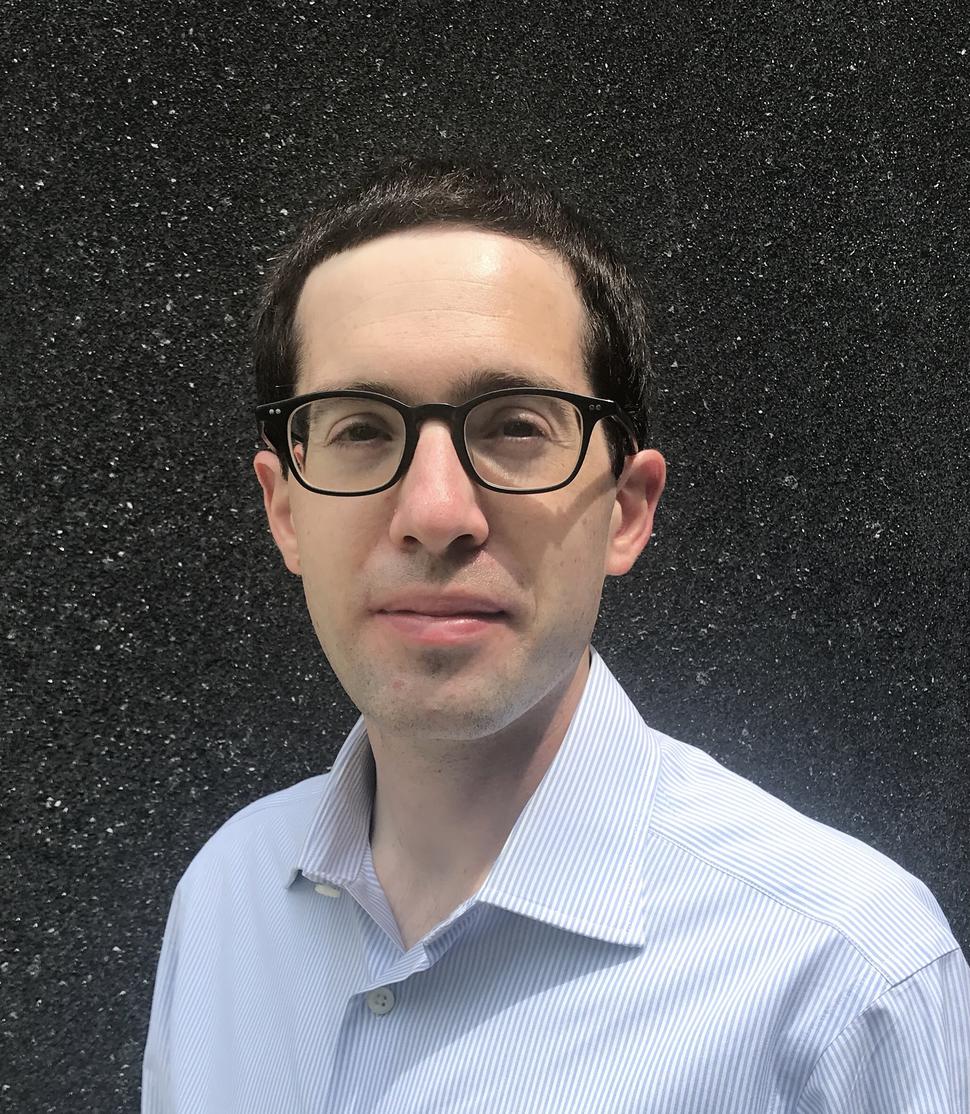Michael Sargen Appointed Lasker Clinical Research Scholar
, by Jennifer K. Loukissas, M.P.P.
Michael R. Sargen, M.D., has been promoted to Lasker Clinical Research Scholar, a tenure-track position in the Clinical Genetics Branch (CGB) in December 2024. He is an expert in the clinical, histopathologic, and genetic characteristics of melanoma-prone families. He also uses epidemiologic and molecular approaches to investigate risk factors for sebaceous carcinoma and other rare cutaneous malignancies in children and adults.
As a tenure-track investigator, Dr. Sargen will combine research approaches to understand the etiology of skin cancer, develop novel strategies to intercept high-risk precancers, and apply these findings to improve diagnostics, screening, and cancer prevention in individuals at high risk of skin cancer.
As lead physician on the Familial Melanoma Study, he examines hereditary melanoma-in-situ (MIS) and its associations with age at diagnosis and/or occurrence of multiple MIS, using large publicly available databases linked to electronic health records. This evaluation could produce data that would assist with genetic testing guidelines and lead to improved surveillance for skin cancers and other types of gene-specific cancer surveillance.
In addition, Dr. Sargen will continue the natural history study he developed for pediatric and young adult patients with Spitzoid tumors and large/giant congenital melanocytic nevi (LGCMN). By applying multi-omics profiling of these precancers, he seeks to identify novel somatic drivers that could be targeted with pharmacological agents.
To support these projects, Dr. Sargen collaborates with investigators from 17 U.S. academic medical centers, the Pediatric Dermatology Research Alliance, and the NCI Pediatric Oncology Branch (POB). He has also established important partnerships with staff in the NIH Clinical Center Laboratory of Pathology who are assisting with tumor sequencing and other molecular studies of collected skin tumors.
With POB, he is developing a clinical trial to investigate whether MEK inhibitors can decrease the size of LGCMN not eligible for resection. If successful, decreasing the size of LGCMN could potentially lower melanoma risk by removal of the residual neoplasm or decreasing the number of melanocytes that could potentially transform into cancer.
In addition to his research, Dr. Sargen will have clinical responsibilities at the NIH Clinical Center as an expert consultant reviewing skin tumors received by the Laboratory of Pathology and as lead of the CGB melanoma family clinic where he performs skin exams and biopsies lesions clinically suspicious for cancer.
